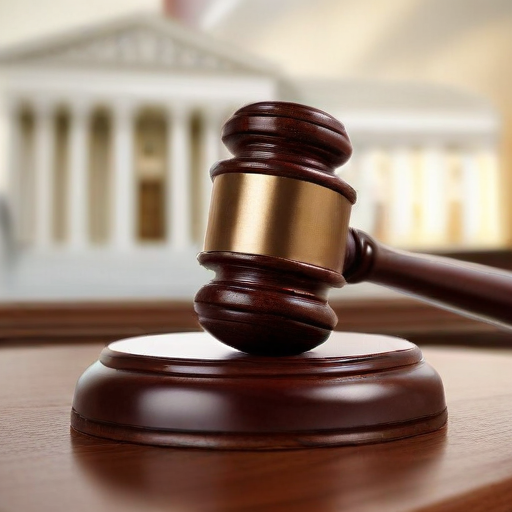The federal judiciary will not pursue allegations of ethical violations concerning Supreme Court Justice Clarence Thomas, according to a statement released by the U.S. Judicial Conference. This body oversees policy decisions within the federal court system and has indicated that no referral will be made to the Justice Department regarding the claims.
Justice Thomas has committed to adhere to updated guidelines concerning the reporting of trips and gifts. This comes in response to concerns raised by Democratic senators about undisclosed luxury trips funded by affluent supporters like Republican donor Harlan Crow, whom Thomas considers a close personal friend. Thomas previously asserted that he was not obligated to disclose these expenses.
In light of continuous scrutiny, the Supreme Court introduced its inaugural code of ethics earlier this year, although it still lacks sufficient enforcement mechanisms. A U.S. District Judge, Robert Conrad, who is the secretary of the Judicial Conference, noted uncertainty over whether the Conference has the authority to make criminal referrals against a Supreme Court justice. He stated that a referral is irrelevant since Democratic senators have already asked Attorney General Merrick Garland to potentially appoint a special counsel, although no such appointment has occurred.
Senator Sheldon Whitehouse criticized the judiciary for not adequately holding justices accountable for alleged ethical breaches. Additionally, a conservative legal group, the Center for Renewing America, filed a separate complaint related to Justice Ketanji Brown Jackson’s disclosures about her husband’s consulting income. Jackson has since revised her disclosures and agreed to follow the new reporting requirements.
This situation underscores a broader dialogue about transparency and accountability within the Supreme Court, reflecting ongoing concerns from both sides of the political spectrum. It presents an opportunity for continued advocacy for more robust ethical guidelines that could strengthen public trust in the judiciary.
In summary, the judiciary’s response to ethical allegations against Justice Thomas and the implementation of updated reporting requirements could lead to positive changes in transparency practices within the Supreme Court.
